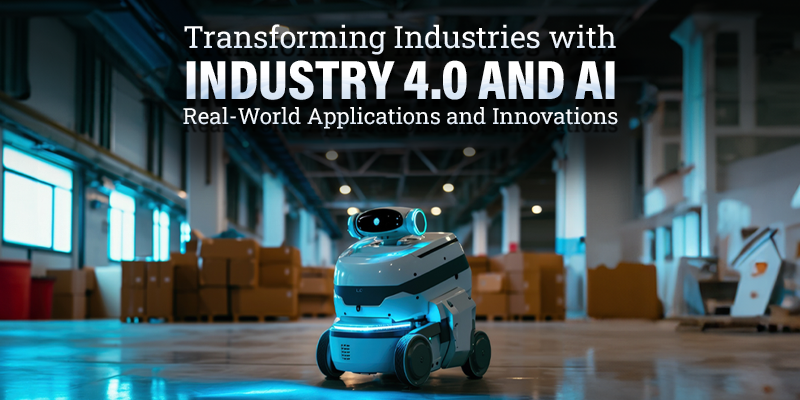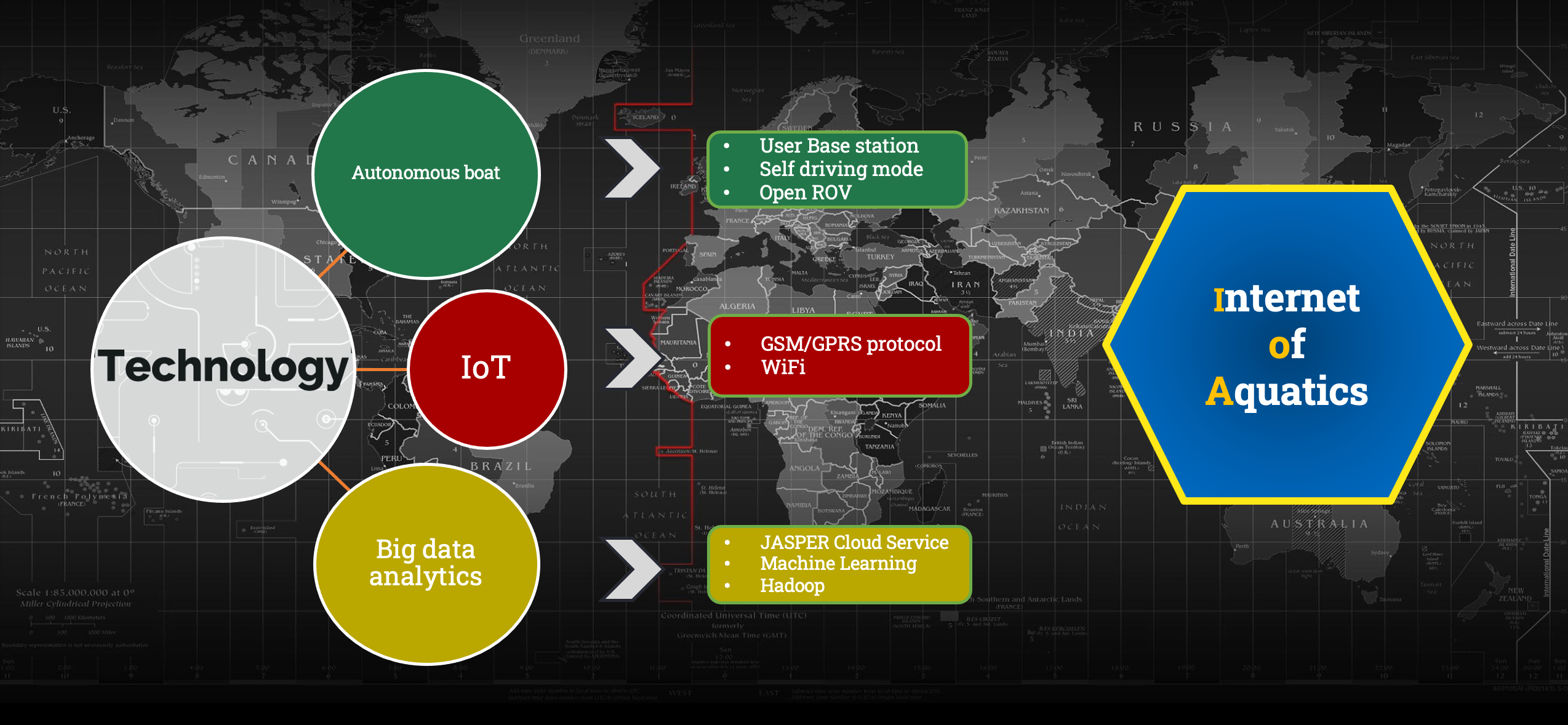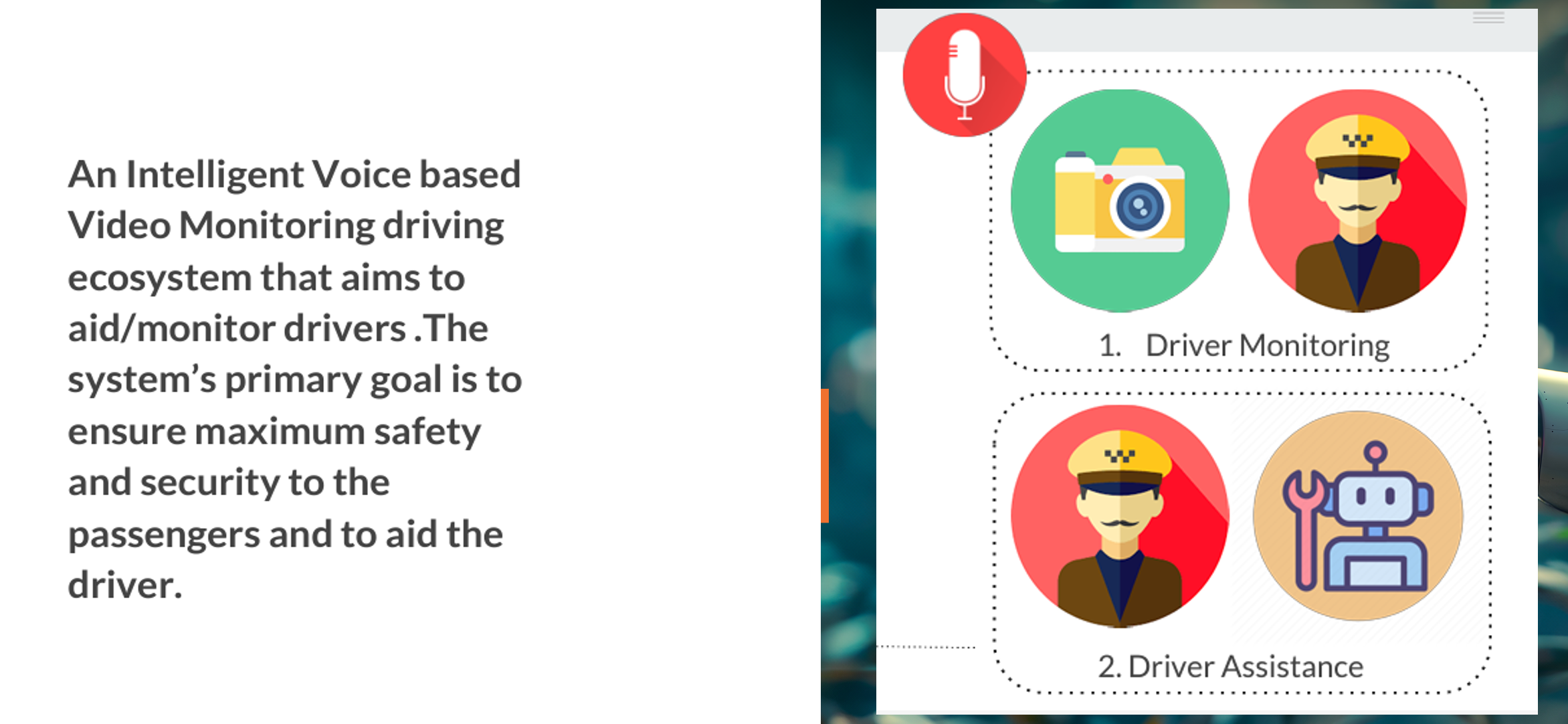Transforming Industries with Industry 4.0 and AI: A Deep Dive into the Future of Innovation

We are living in a time where Industry 4.0 and Artificial Intelligence (AI) are no longer just buzzwords—they are driving tangible change across industries, reshaping the way we work and innovate. From autonomous vehicles to real-time data analytics, these technologies are enabling smarter, more efficient processes that are redefining the future of industries globally.
On September 13, 2024, REVA Academy for Corporate Excellence (RACE) hosted an engaging webinar titled “Transforming Industries with Industry 4.0 and AI: Real-World Applications and Innovations”. The session, led by Dr. Sriram Vasudevan, a renowned AI expert from Intel, provided attendees with a deeper understanding of how AI and Industry 4.0 are solving real-world problems and driving innovation in sectors like manufacturing, automotive, and healthcare.
The interactive webinar brought together industry professionals, students, and innovators to discuss how AI, IoT, and cyber-physical systems are paving the way for groundbreaking innovations across sectors such as manufacturing, automotive, healthcare, and more. Let’s take a closer look at the key takeaways and insights from this session.
The webinar combined practical insights with forward-thinking discussions, making it clear that the future of innovation is happening now—and we are all a part of it.
The Synergy Between AI and Industry 4.0: A New Era of Innovation
Dr. Sriram began by highlighting how Industry 4.0, often referred to as the fourth industrial revolution, is transforming traditional manufacturing and production through the integration of advanced digital technologies. At the heart of Industry 4.0 are cyber-physical systems (CPS), AI, IoT (Internet of Things), cloud computing, and data analytics. By combining these technologies, industries are now able to automate processes, optimize operations, and make data-driven decisions in real-time.
The webinar emphasized that AI is not limited to software applications. Today, AI’s influence extends far beyond, impacting autonomous vehicles, robotics, smart cities, and cloud systems, allowing seamless interaction between the physical and digital worlds. Dr. Sriram stressed that this shift is not just theoretical; real-world applications are already reshaping industries across the globe. This integration has led to innovations such as predictive maintenance, smart factories and automated quality control—all key components of Industry 4.0.
NOTE: According to Statista, the AI market exceeded $184 billion in 2024, up nearly $50 billion from 2023, and is expected to surpass $826 billion by 2030.
Practical and Affordable Innovations: AI for Everyone
One of the most inspiring elements of the webinar was Dr. Sriram’s focus on affordable innovation. He illustrated that innovation doesn’t need to be a high-cost, complex affair. The real challenge, he noted, is making innovations accessible to all—whether it’s through low-cost AI solutions or simple, scalable designs that can solve everyday problems.
Example 1: IoT-Based Water Quality Monitoring System
A standout demonstration during the webinar was an affordable IoT and AI-based water quality monitoring system. Developed as a frugal innovation, this system automates water quality checks for rivers and lakes, eliminating the need for manual water sampling, which is often costly and inefficient. The system uses unmanned surface vehicles (USVs) equipped with sensors that monitor key water quality indicators like pH levels, temperature, and chemical content in real time. Data is transmitted wirelessly, allowing authorities to make swift decisions regarding water safety.
This project highlighted how Industry 4.0 technologies can address pressing global challenges like water quality management while aligning with UN Sustainable Development Goals (SDGs) related to clean water and sanitation. Moreover, the solution is not only inexpensive but also scalable, making it feasible for regions across the globe that struggle with limited resources.

Industry 4.0 Innovations in the Automotive Sector
Another critical area of discussion was automotive innovations and how AI can make driving safer and more accessible for everyone. Dr. Sriram pointed out a crucial gap in the automotive industry: while luxury cars come equipped with advanced safety features, affordable cars are often left behind. To address this, he showcased several driver assistance systems that can be implemented in low-cost vehicles.
Example 2: Pothole Detection and Driver Assistance System
The pothole detection system was a particularly impressive example of AI’s potential in the automotive industry. Using machine learning algorithms, this system can detect potholes in real-time, classify them by severity, and alert drivers to potential hazards. What makes this system groundbreaking is its cost-efficiency—making road safety accessible even for lower-end vehicles.

Dr. Sriram emphasized that this system could be implemented using inexpensive sensors and AI algorithms, ensuring that the solution remains affordable without compromising safety. Additionally, the system could detect obstacles like animals and pedestrians, further improving road safety in regions where unpredictable road conditions are a major concern.
Frugal Innovations: The Future of Accessible Technology
A significant theme throughout the webinar was the concept of frugal innovation—the development of simple, low-cost solutions to complex problems. This approach is particularly relevant in developing countries, where resource constraints often limit the adoption of advanced technologies. Dr. Sriram highlighted several projects that exemplified this philosophy.
Example 3: Smart Water Tanks for Residential Use
In another demonstration, Dr. Sriram introduced an innovative smart water tank monitoring system for residential buildings. The system uses IoT sensors to monitor the quality of water in overhead tanks, which are often neglected in apartment complexes. This real-time monitoring system provides insights into water contamination and ensures the timely maintenance of tanks. By leveraging simple technologies, this solution offers a scalable, low-cost way to improve water quality and public health in urban settings.
AI in Healthcare: Addressing Global Health Challenges
One of the most impactful segments of the webinar was the application of AI in healthcare. Dr. Sriram and his team showcased a wearable glove designed to assist individuals suffering from Parkinson’s disease. The glove, using AI and sensor technology, helps suppress hand tremors by generating counter-frequencies to stabilize the user’s hand movements.
This simple but powerful innovation addresses a widespread issue affecting millions of people globally. The wearable device allows Parkinson’s patients to perform daily tasks with more ease, significantly improving their quality of life. The emphasis was on how technology can make a tangible difference in healthcare, particularly for those dealing with chronic illnesses.
Key Takeaways from the Webinar
Here are the top takeaways from the webinar:
- AI and Industry 4.0 are Here to Stay: The integration of AI into Industry 4.0 technologies is transforming traditional industries, leading to smarter, more efficient operations. Whether it’s automated factories or predictive analytics, AI is the backbone of these innovations.
- Affordable Innovation is Key: Innovation doesn’t always require massive investments. Dr. Sriram’s focus on frugal innovation demonstrated how simple, cost-effective solutions could have a massive impact. Whether in healthcare, automotive, or environmental monitoring, affordable AI solutions can improve lives and address real-world problems.
- Collaboration and Teamwork Drive Success: Dr. Sriram emphasized that no innovation happens in isolation. Building a team with diverse expertise is critical for creating impactful solutions. Collaboration between academia, industry, and innovators can accelerate the path to real-world impact.
- The Power of Data and AI: One of the key messages from the webinar was the transformative power of data. AI systems thrive on data, and the ability to analyze vast amounts of information in real-time enables industries to become more efficient, predictive, and responsive.
- Cross-Industry Applications: The solutions presented weren’t limited to one sector. The potential applications of AI, IoT, and Industry 4.0 technologies span across multiple industries—retail, automotive, environmental monitoring, healthcare, and more. The cross-disciplinary nature of these innovations underscores the broad impact AI can have on improving the way we live and work.
Final Thoughts
The webinar held at REVA Academy for Corporate Excellence offered invaluable insights into how AI and Industry 4.0 are already transforming industries. As businesses continue to adopt these technologies, they are seeing real-world benefits, from reduced costs to improved operational efficiency and sustainability.
Stay connected for more updates on AI-driven transformations and case studies!
Check out here to learn more about our bespoke program on PG Diploma/M.Tech/M.Sc. in Artificial Intelligence to gain hands-on experience in AI-driven solutions, machine learning algorithms, and data-driven decision-making. This program is ideal for working professionals with a minimum of 3-4 years of experience in the IT industry or related fields, looking to elevate their careers in AI and data science.
Visit our website race.reva.edu.in or Call: +91 80693 78092 or write to us: enquiry@race.reva.edu.in.
We look forward to seeing you at our next event!



